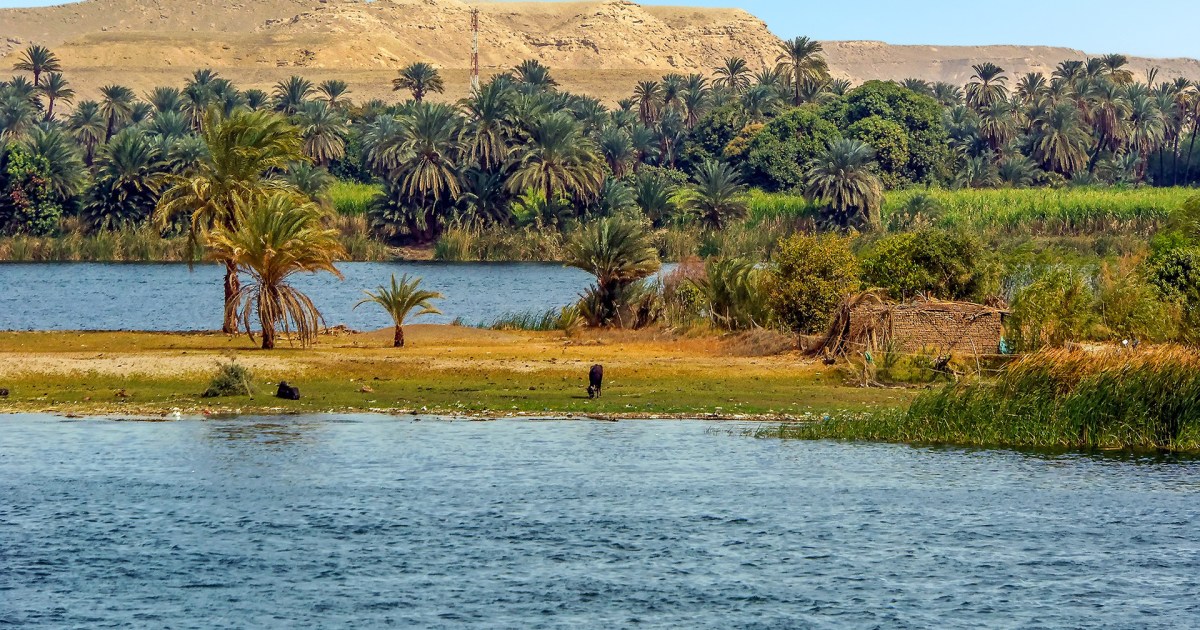The Egyptian government said that Ethiopia had failed the mediation seeking to settle the Renaissance Dam crisis and "continued intransigence to the extent that it rejected 15 proposals, all of which met their developmental requirements."
Egyptian Foreign Minister Sameh Shoukry confirmed today, Thursday, that Ethiopia had refused to mediate to solve the Renaissance Dam crisis.
Shukry added that what he described as the Ethiopian intransigence is the reason for the failure of the negotiation rounds and obstruction of reaching a comprehensive and binding legal agreement to mobilize and operate the dam, in a manner that serves the interests of the three countries, he said.
As for the spokesman for the Egyptian Ministry of Water Resources and Irrigation, Muhammad Ghanem, he said that the negotiations did not address the issue of water quotas.
He explained that Egypt faces water challenges, whether or not the Renaissance Dam exists.
In an interview with Al-Jazeera, Ghanem said that his country is very clear and that it wants a legally binding agreement to fill and operate the dam, and has shown all forms of flexibility in that.
Main node
He added that the main node that fails the negotiations lies in the lack of political desire on the Ethiopian side to reach an agreement, "and at every stage that reaches an oral agreement, Addis Ababa evades from signing it."
He continued, "We offered Ethiopia 15 scenarios, all of which meet its requirements for electricity production, and at the same time prevent harm to the two downstream countries (Egypt and Sudan), and despite that they refused."
Ghanem denied his country’s agreement with Ethiopia on schedules to fill the dam, saying that these are part of Ethiopian lies. Those schedules concerned with determining filling and operation were discussed (during previous meetings), and we did not reach an agreement on them.
In response to a question about the possibility that Ethiopia would incur losses of up to one billion dollars if the second was not filled, he replied, "This is a continuation of the Ethiopian lies."
In mid-July 2020, Ethiopia carried out the first filling of the Renaissance Dam, in a unilateral procedure, amid rejection by Egypt and Sudan.
And it insists on filling the dam again next July, even if it does not reach an agreement with the downstream countries, Egypt and Sudan.
Ethiopia stresses that the dam is necessary for the development of its economy, and that it does no harm to the downstream countries.
On the other hand, Cairo and Khartoum insist on the necessity of reaching a tripartite agreement that preserves their water facilities and ensures the continuation of their annual share of the Nile water, estimated at 55.5 billion cubic meters, to Egypt and 18.5 billion cubic meters to Sudan.

